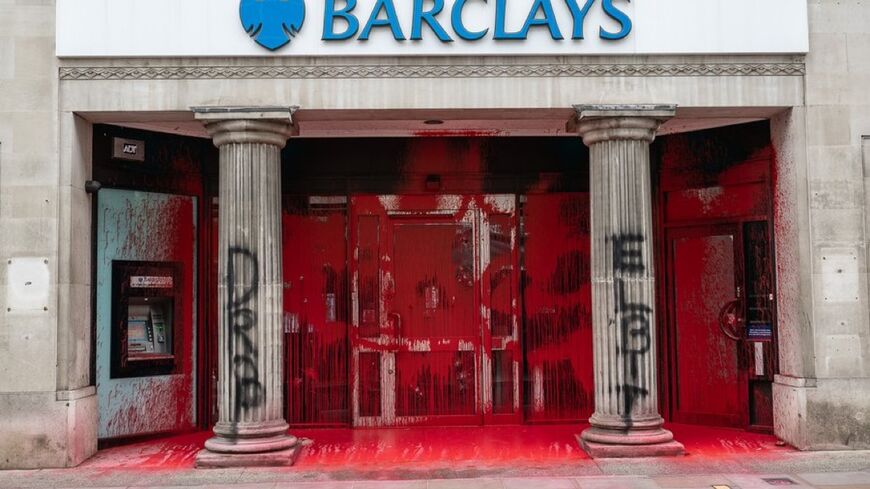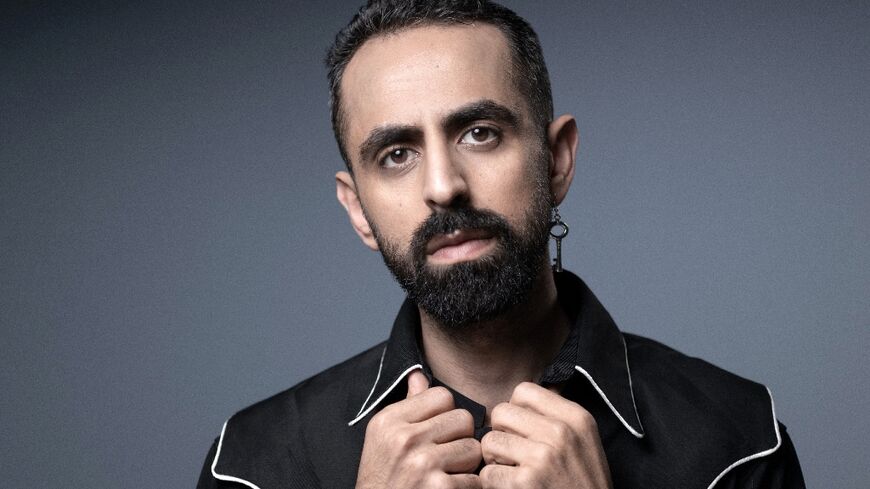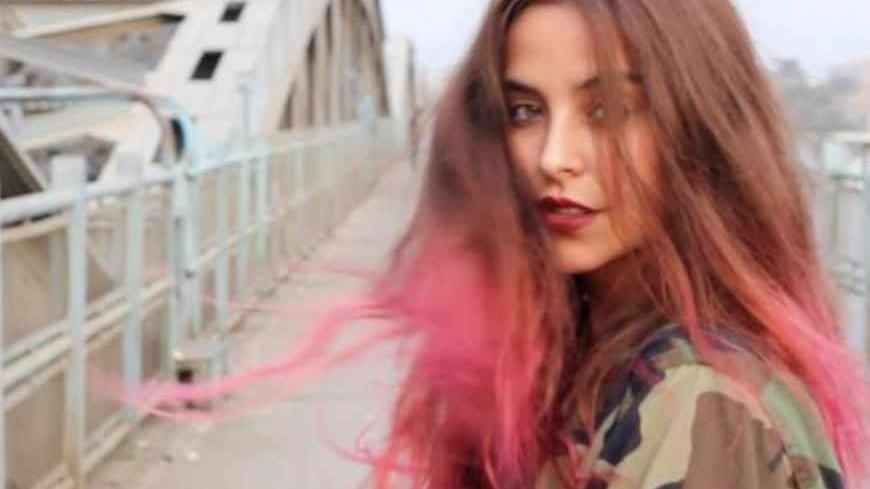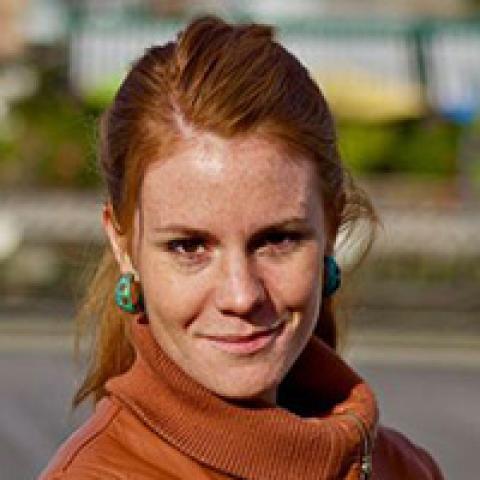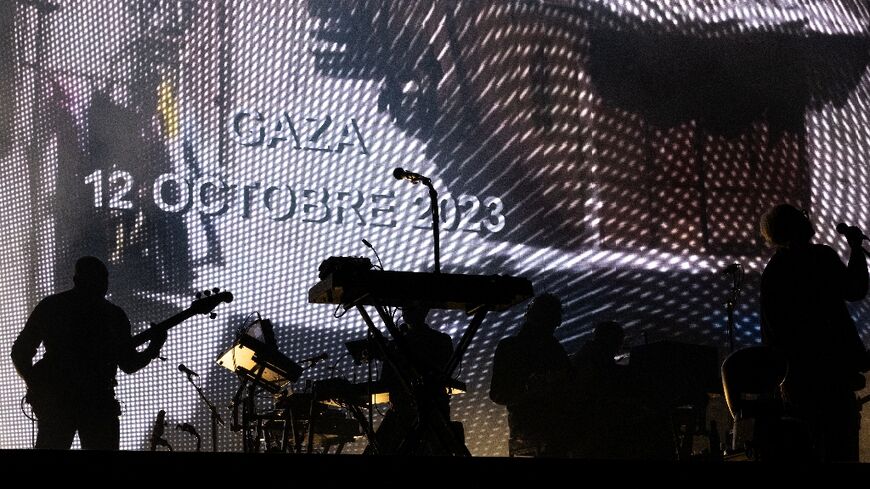UK music festival rocked by boycotts as artists shun Israel
The artists are refusing to play at the Great Escape Festival in Brighton, a seaside resort in South England, over one of the sponsors' ties to Israel.
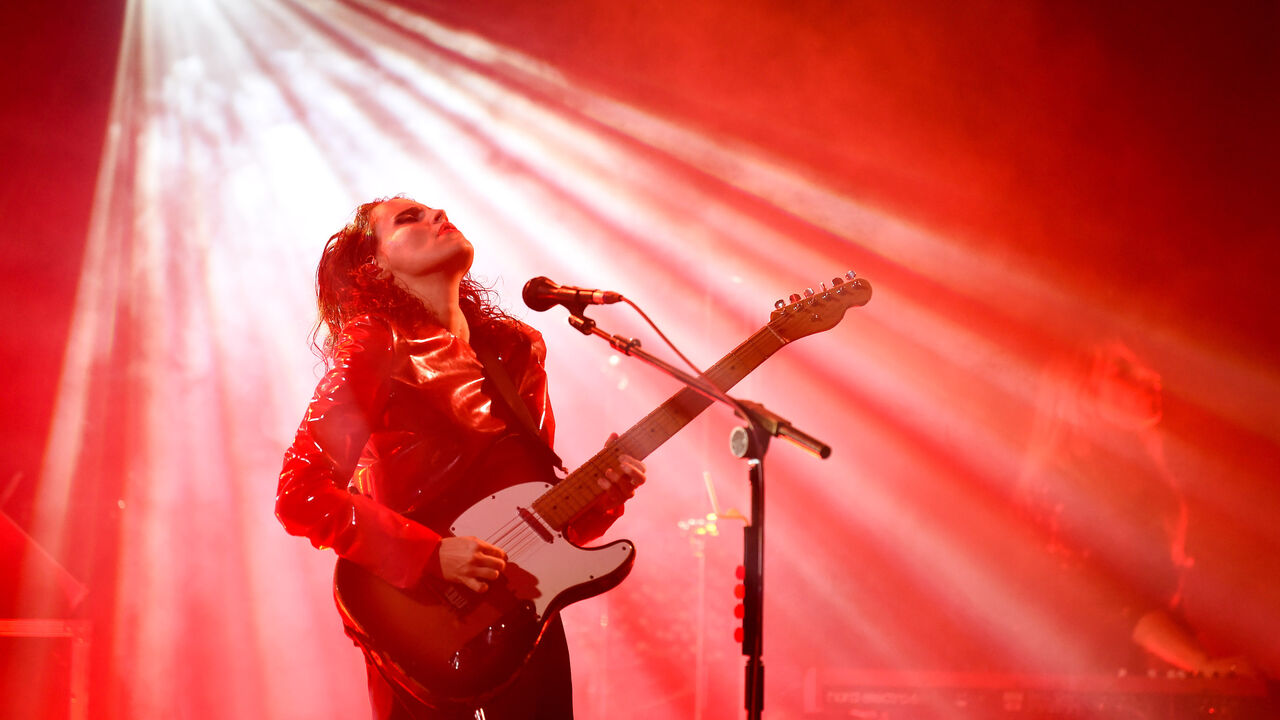
LONDON — First, pro-Palestinian boycotters came after the restaurant and cafe sectors. Now, their latest target is the music industry. Some 130 musicians and bands have withdrawn from playing at a festival in the United Kingdom this week over the event's sponsor, Barclays Bank, and its links to Israel.
The artists are refusing to play at the Great Escape Festival in Brighton, a seaside resort in South England, on May 15-18, because Barclaycard is one of the sponsors. According to the UK activist group the Palestine Solidarity Campaign, the card's parent company, Barclays Bank, has over 6.1 billion pounds ($7.6 billion) in loans and underwriting to nine Israeli companies that manufacture equipment used in the war in the Gaza Strip and also holds over 2 million pounds ($2.5 million) in shares in these companies.
The creative exodus amounts to about a quarter of the festival’s lineup. The Great Escape, launched in 2006, is a festival for up-and-coming musicians and has been a springboard for many major artists' careers, including Grimes and Stormzy.
Massive Attack, a UK trip-hop band that was not playing at the festival but is made up of longtime industry activists, was one of the most prominent voices encouraging the boycott.
“It’s extraordinary to think that in 2024 promoters and festivals still don’t understand that as artists, our music is for sale but our humanity and morality is not,” the group said in a statement in April calling for the festival to drop Barclays as a partner.
Among the artists that have withdrawn from the festival this year include London indie artist Hongza, Brighton three-piece Lambrini Girls, Scottish singer LVRA and Australian singer Zheani.
CHERYM, one of the first bands to pull out of the festival, wrote on Instagram April 12 that the band felt “in good conscience, that we cannot go ahead with our scheduled performances at The Great Escape.”
The band said the festival organizers had told them that the event has no direct affiliation with Barclays this year, but that they would not play at the festival after it refused to remove the lender as a sponsor.
Activists also noted an awkward coincidence: The anniversary of the 1948 Nakba, in which 750,000 Palestinians were forcibly displaced by the creation of the new state of Israel, fell on the festival's opening day.
Al-Monitor has contacted the festival for comment.
With Barclays also sponsoring other UK festivals, including the Isle of Wight Festival in June and Latitude in July, more artist boycotts are likely to follow this summer.
Not Caving in
British singer-songwriter Nick Cave, who has previously called cultural boycotts of Israel “cowardly and shameful" and has been booked in the past to play the Great Escape Festival, was asked by an artist whether to boycott the event. Just "play," Cave responded in a blog post.
Pro-Palestinian boycotts since the Oct. 7 eruption of the Gaza war, which has seen the killing of more than 35,000 people, according to the Health Ministry in the Hamas-run enclave, have also impacted other festivals and music events.
The South by Southwest (SXSW) festival in Austin, Texas, faced similar artist boycotts in March over the event's ties with the US Army and defense companies linked to the war in Gaza. According to the Austin for Palestine Coalition activist group, the SXSW festival's sponsors included RTX Corporation, formerly known as Raytheon, and its subsidiaries Collins Aerospace and BAE Systems. These companies create some of the weapons that the Israel Defense Forces use to bomb Gaza. The US Army was listed as a "super sponsor" of SXSW.
Eurodivision
There was some controversy over Israel entering the Eurovision Song Contest last week, with thousands calling for a boycott of the event due to the country’s participation. However, the Israeli candidate ended up in fifth place out of 37 countries competing.
In viral videos, the Israeli entrant, Eden Golan, was shown in rehearsals and a live broadcast of the second Eurovision semifinal being booed by spectators, with some holding "Free Palestine" placards. Thousands of protesters — including Swedish activist Greta Thunberg — lined the host city Malmo's streets on May 9 while Golan was ordered by Israel's national security agency to stay in her hotel room for her safety.
Eurovision, launched in 1956, has long eschewed political messaging as part of the song contest, though critics contest its self-declared nonpolitical status.
Golan sang Israel's original Eurovision submission song called "October Rain," and it was disqualified by the organizers for what called political messaging as it referenced the Oct. 7 Hamas attack in which nearly 1,200 people were killed in southern Israel and 240 were abducted. The song was rewritten by Golan as "Hurricane" and accepted as the final Israeli submission to the contest. High-level security measures were implemented in the Swedish city for the Eurovision final due to threats made against the Israeli team.
The Swedish TT news agency reported that anyone who tried to bring a Palestinian flag or sign with a political message to the final on May 11 would be turned away.

